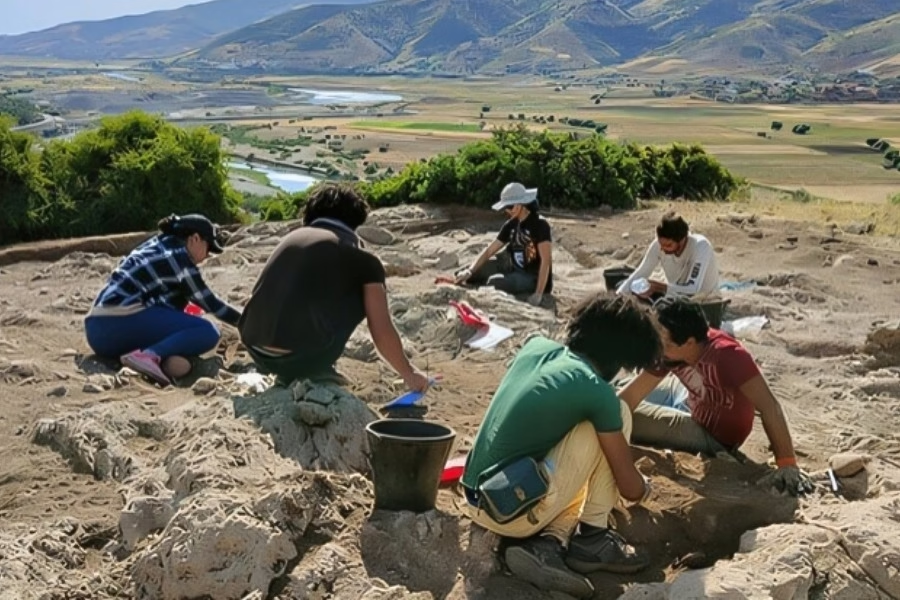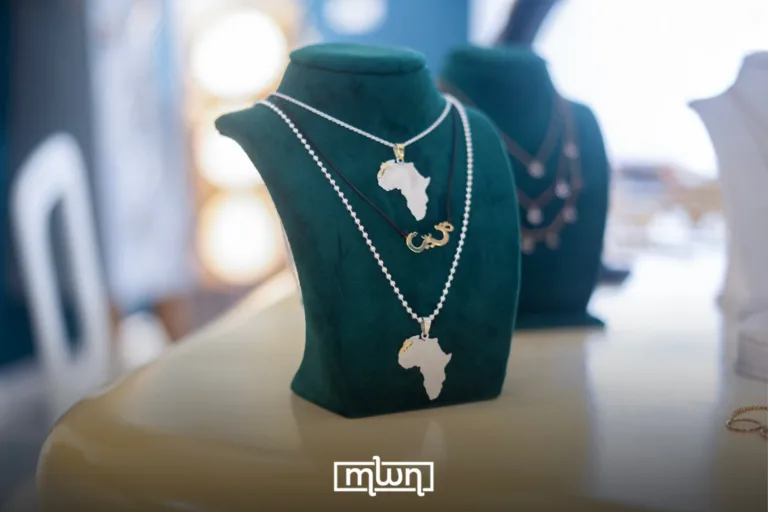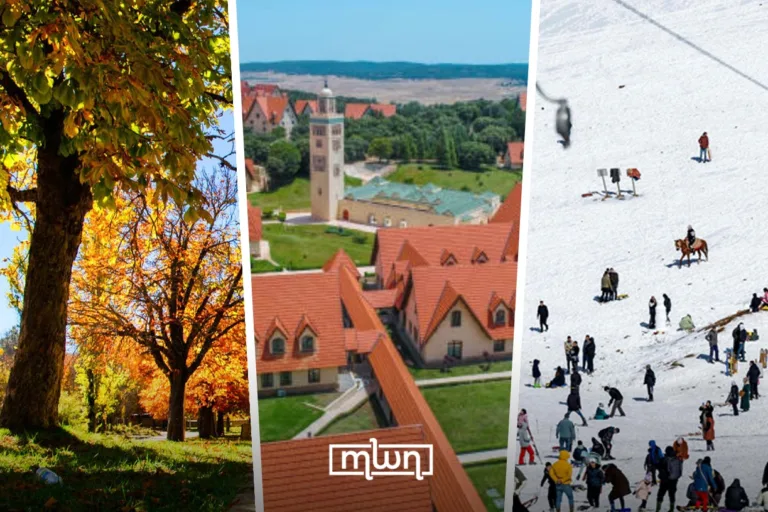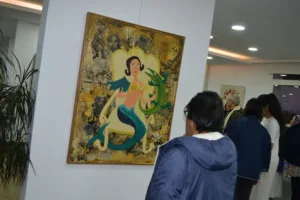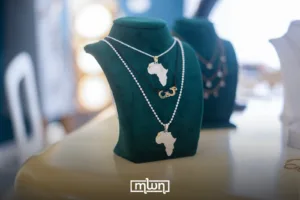New archaeological findings in Morocco prove that the Maghreb was always connected to the ancient world.
Fez – New archaeological findings in Kach Kouch, an archaeological site in northwestern Morocco, are rewriting history–and not in the way outdated colonial narratives would have us believe.
For years, the Maghreb was depicted as an isolated, culturally barren region until so-called “civilized” outsiders came along.
But fresh discoveries are flipping that story on its head.
It turns out, according to Cambridge University Press, that north-west Africa wasn’t some disconnected backwater; it was a vibrant hub linked to the Mediterranean, the Atlantic, and the Sahara long before history books ever gave it credit.
These findings prove that ancient populations were moving, trading, and influencing one another across vast distances, reshaping our entire understanding of the region’s role in prehistory.
For too long, the Maghreb has been left out of discussions on Mediterranean history, almost as if it were invisible.
But discoveries like those at Kach Kouch are finally putting the region back on the map where it always belonged.
This isn’t just a big deal for archaeology; it’s a full-blown wake-up call for how we approach African history as a whole.
One of the most exciting aspects of these discoveries is the evidence of early human migration and interaction.
Artifacts, fossils, and structural remains indicate that the Maghreb was not only inhabited but also thriving with cultural and technological exchanges thousands of years ago.
These connections challenge the long-held assumption that Africa was on the receiving end of civilization rather than an active participant in shaping it.
Read also: Tetouan’s Film Festival Turns 30, Celebrates Stories That Cross Borders
The outdated perspective that the region was a passive player in history has had long-term consequences.
It has led to its erasure from major historical narratives, sidelining its contributions to global civilization. But these new findings are setting the record straight, revealing a dynamic past that demands recognition.
They suggest that North Africa’s history is no footnote. Instead, it’s a central chapter in the larger human story.
What’s particularly groundbreaking about these discoveries is how they redefine the relationship between Africa and the rest of the ancient world.
The evidence suggests that trade networks, cultural exchanges, and even early technological advancements were happening in the Maghreb long before many historians previously thought possible.
This rewrites not just regional history but global history as well.
In fact, the researchers behind these findings believe we’re at a turning point that could forever change the way we understand not only the Maghreb but also its deep-rooted connections to the rest of the Mediterranean.
Perhaps it’s time to give this region the visibility it deserves and recognize its rightful place in world history. As the evidence shows, it was never on the sidelines; it was always part of the story.

